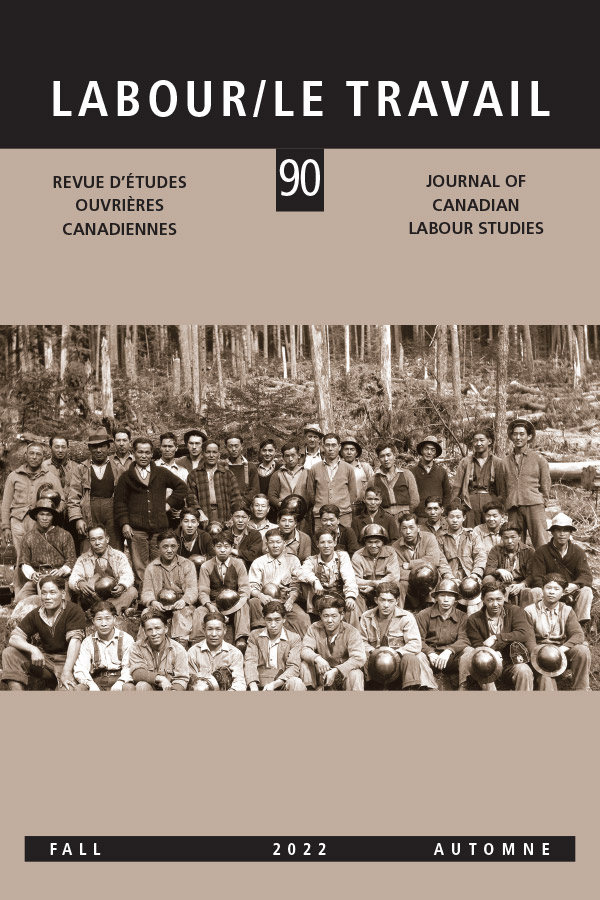Published 2022-11-25
Keywords
- gig workers,
- gig economy,
- platforms,
- labour organizing,
- unions
- union democracy,
- couriers,
- covid-19,
- misclassification ...More
How to Cite
Abstract
Foodsters United, a workplace organizing campaign by Toronto food couriers, shows that, even in the gig economy, the classic organizing methods work. The Foodsters successfully challenged their misclassification as independent contractors, got over 40 per cent of a large workforce to sign union cards, and triggered a union vote that they won with 88.8 per cent support. These victories were tempered by a devastating setback: their employer, Foodora, exited from Canadian markets. Nevertheless, what Foodsters United achieved through workplace organizing sustained its transformation into Gig Workers United, which is organizing all delivery platform workers in Toronto. Although platform companies like Foodora promote the idea that the gig economy is unprecedented, its historical continuities are more important than its discontinuities. This is also true of the workplace organizing in the gig economy. Foodsters United achieved substantial victories, not because they invented new organizing methods but because they adapted the classic methods, in often ingenious ways, to their gig economy workplace. This article is based on interviews with the campaign organizers. It is organized thematically according to classic workplace organizing methods, particularly those developed in the industrial organizing tradition, including organizing conversations, mapping, charting, leader identification, issue identification, and the creation of democratic organizations.
